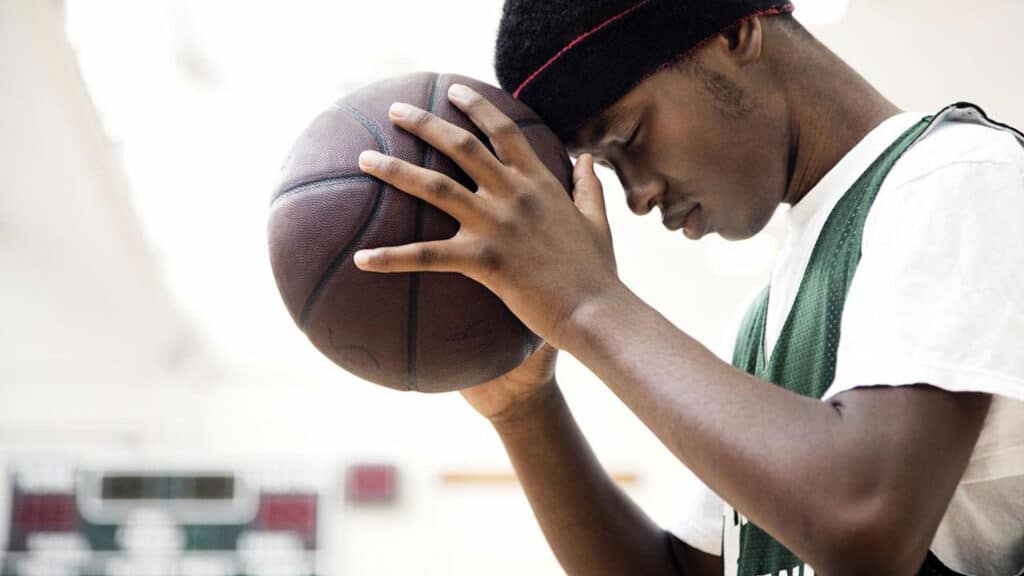Participating in sports can be pretty stressful. That’s true even if the only person you’re facing is yourself, but the anxiety skyrockets if you’re competing against others. There are so many different kinds of pressure, it’s no wonder that sports are associated with anxiety.
There’s the pressure to win. There’s the desperation not to let your family, friends and teammates down. There may be homesickness if you’re having to travel to meets. There’s the general anxiety that comes from being on a field or in an arena surrounded by spectators, every single one of whom is going to be judging you. It’s the same sort of performance anxiety you might get before a big presentation or before you go on stage in the theater.
When you’re anxious, your heart rate increases. You may get short of breath. There’s sweating and shaking. These kinds of physical symptoms can have a big impact on your performance. Sometimes it slows you down, and other times it gives you the energy boost you need to perform at your best. No wonder sports psychologists manage to stay in business!
Some of the techniques used for handling sports-related anxiety are simple. You may have used them when anxious in daily life as well. Things like breathing exercises are easy to do and can be swiftly effective. Just slowing things down and becoming aware of your reactions is a powerful thing. A good psychologist will teach you how to treat those aroused feelings as something good rather than a negative.
Other things that can help include ensuring you are well-prepared. If you’ve done enough training and have confidence in your ability, that can help balance your nerves. Some research suggests that athletes who are part of a team experience less anxiety, probably because they can support each other. Feeling that you’re on your own can make things worse.
Having people around you becomes extra important at an “away” game when you’re playing at someone else’s stadium. Don’t underestimate how reassuring it can be just to stand on familiar ground.
Anxiety is a natural part of sport. It’s not inherently good or bad; it’s all about how you deal with it. Sometimes it might slow you down, but other times you can use it to power you to new heights. Just take the time to prepare mentally as well as physically.




